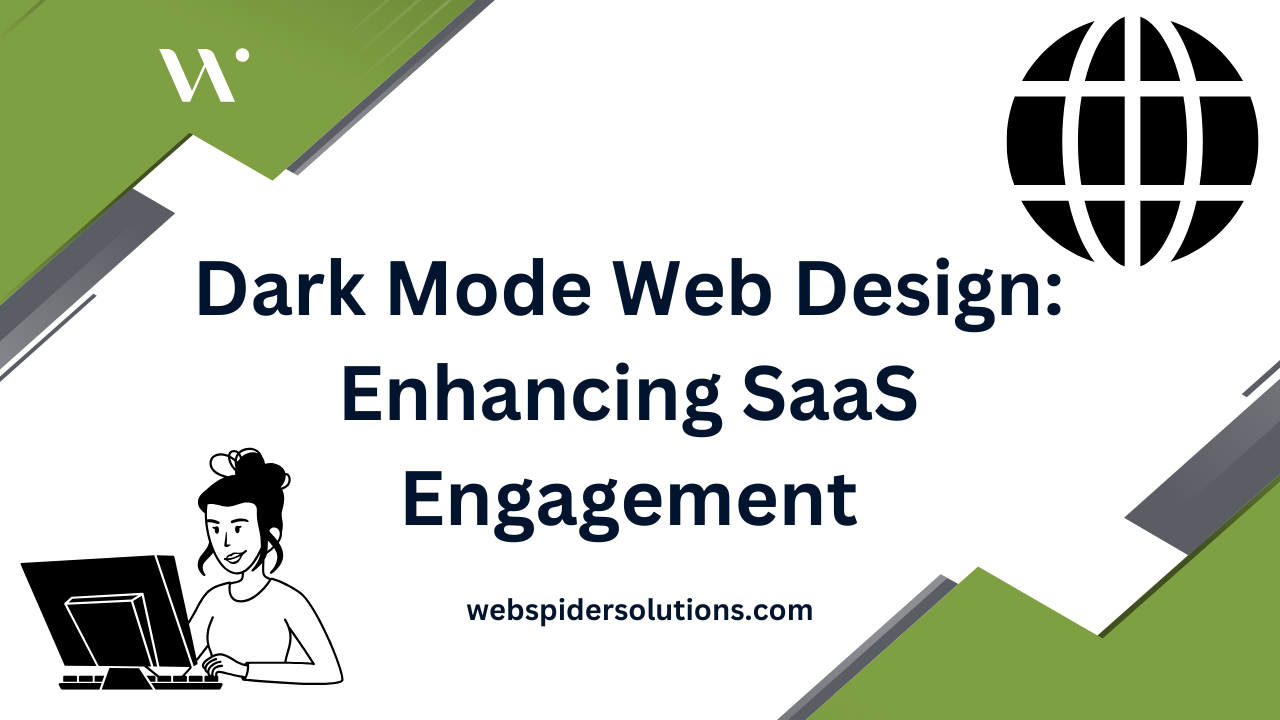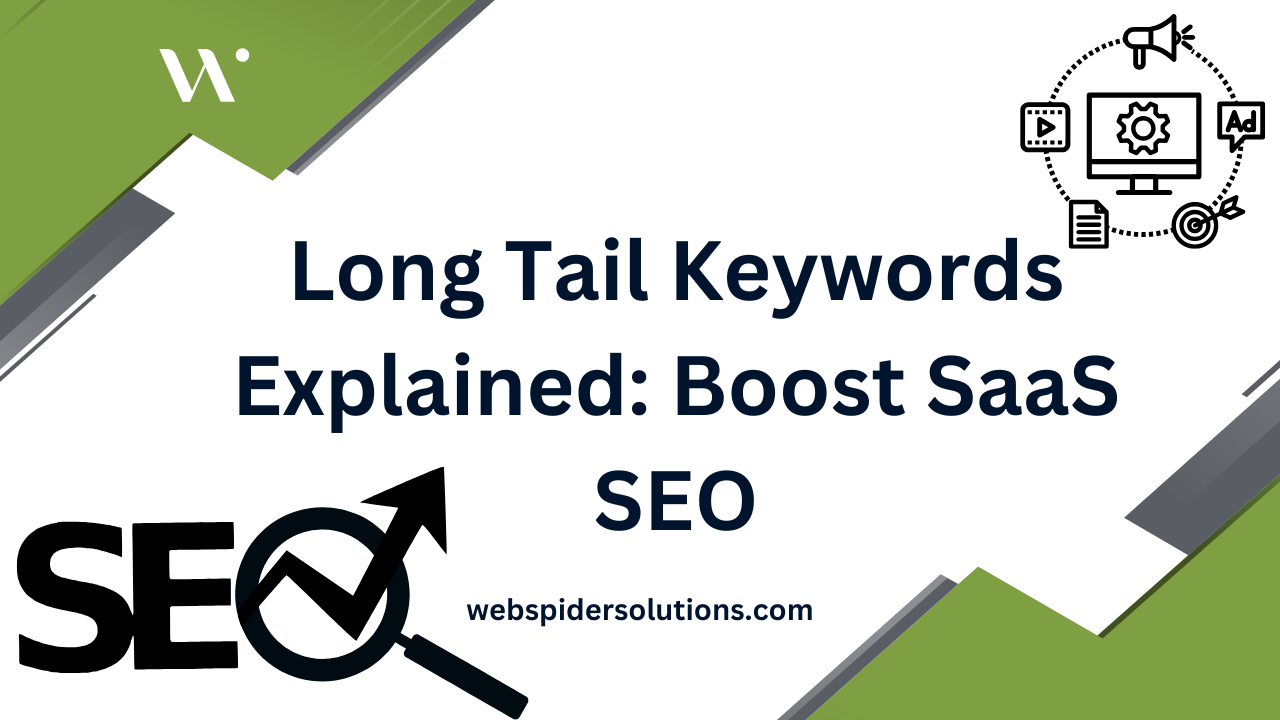Introduction
Search engine optimization (SEO) is considered one of the top digital marketing strategies this year, although many people don’t understand it well. There is a lot of learning material online about SEO, yet website owners often go with older, incorrect SEO suggestions that bring them down in search results.
If you aren’t achieving the search engine results you want, some widespread SEO misunderstandings could be responsible. You need to stop believing these 10 SEO myths in 2025 to keep your rankings and be ahead in the field.
1. Keyword Stuffing Still Works
The myth that filling your website with keywords controls your site’s ranking is longstanding and very popular but not true. The combination of AI and natural language processing has improved Google’s algorithms by 2025.
Right now, SEO works on identifying what people look for, giving them a positive website experience and using everyday language in writing. Filling your content with lots of keywords can make it unclear which could lead to your site being penalized for being spam.
It’s important to add keywords to key places, but don’t forget to ensure the article is easy to follow.
2. You Only Need SEO Once
There are businesses that think SEO is something you do just once. This is completely wrong.
SEO is something you need to keep doing over time. Algorithms are updated, your rivals refresh their pages and your own site should be improved regularly. If you stop updating your site, others who do will leave you behind.
Tip: Keep checking your site, tracking its keyword rankings, making updates to old pages and following updates in the world of SEO.
3. Backlinks Are No Longer Important
Although search engines change, backlinks are still seen as important for ranking as we move into 2025.
The switch has been made from focusing on how much to focusing on how good the backlink domains are. A single quality backlink from a recognized site can surpass the advantages of lots of low quality links.
Tip: Increase links to your site by writing articles for other sites, practising digital PR and developing content that people want to share.
4. Longer Content Always Ranks Better
There’s a common belief that posts with more words easily rank first. The objective is relevance, not the length of the work which might mean it has fewer words.
By 2025, Google gives preference to content that completely and efficiently answers questions searchers have.
Be sure your information fits with what you are discussing and what your users expect. It’s possible for a 500-word article to achieve more than a 2,000-word article.
5. Meta Descriptions Directly Affect Rankings
Meta descriptions don’t impact your search results, yet they may boost the number of clicks on your page and so might contribute to improved rankings.
Writing a good meta description tends to encourage visitors to follow your link, demonstrating to Google that your page is valuable.
Tip: Include your keyword in a short and catchy meta description to improve the chances of people clicking your ad.
6. SEO Is All About Google
Google is the main search engine, but working on Bing, DuckDuckGo and YouTube can help you get more website visits.
It’s now more important than ever to optimize for voice search, featured snippets and visual search in the year 2025.
It helps to target other search engines and new platforms when developing your SEO.
7. Exact Match Domains Guarantee Better Rankings
We are no longer in an age where getting a domain like “bestlaptops2025.com” improves your rankings quickly.
Google now considers reliable brands, excellent content and leading resources more important than domain names stuffed with keywords.
Remember to go for a brandable website name and work on your content and getting backlinks and engagement from users.
8. User Experience (UX) Has No Role in SEO
By 2025, trying to rank well in search results will rely heavily on good user experience. Page experience on websites is evaluated by Google on the basis of metrics including:
- Mobile-friendliness
- Page speed
- Core Web Vitals
- Site structure and navigation
When UX is poor, more people leave your website quickly and this can reduce your rankings.
It helps to work on site speed, select a responsive design and arrange your website’s structure so users find things easily.
9. Duplicate Content Is Always Penalized
Several website owners worry that duplicating content on several pages may result in an SEO penalty. Google generally doesn’t punish for duplicate content unless it is done for dishonest reasons.
Yet, duplicate content creates confusion for search engines, making it less effective at displaying your pages.
Putting canonical tags on your preferred pages will help search engines understand your website’s structure and always try to produce quality content.
10. AI Will Replace the Need for SEO
Many people believe that the advent of AI-created content has ended traditional SEO. Not true.
Although AI can play a part in making content, SEO practices must be addressed by humans in 2025. Google’s algorithms are always being updated to focus more on E-E-A-T (Experience, Expertise, Authoritativeness and Trustworthiness).
AI can guide you, but always check the content, make sure it’s relevant and write it for people.
Final Thoughts: Stay Ahead by Staying Informed
Believing in SEO myths can reduce your website traffic, drop your rankings. SEO success in 2025 means offering value, knowing what users are searching for and following changes to search engine algorithms.
To stay ahead:
- Subscribe to Google Search Central and make sure you read the articles on SEO from trustworthy sources.
- Check your SEO on a regular basis.
- Be concerned about future goals instead of immediate solutions
When faced with myths, turn to what modern SEO suggests and boost both your visibility and online presence.











